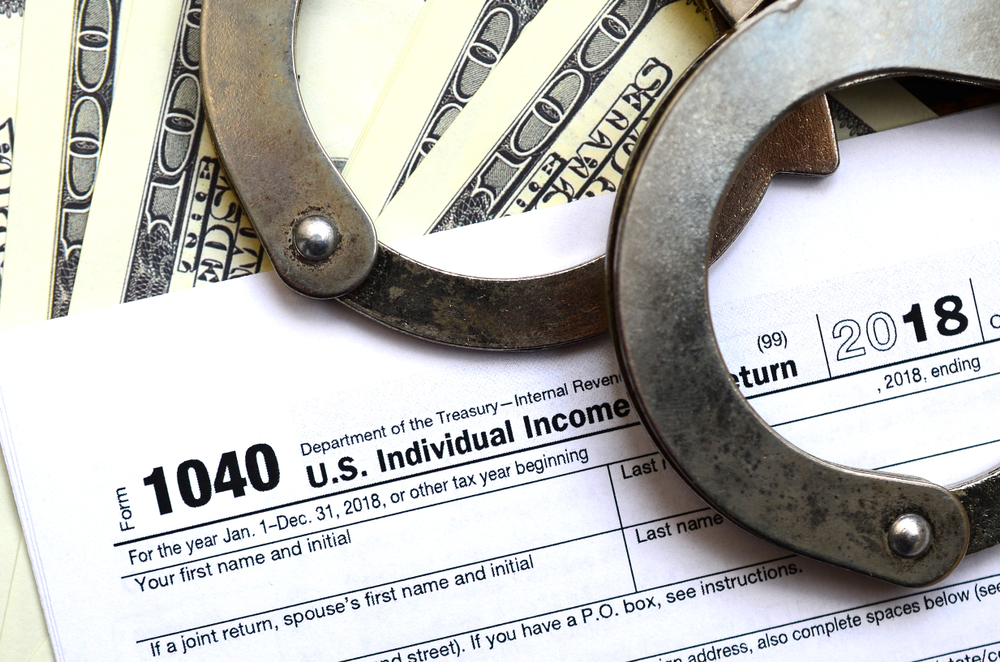The length of time a jail can hold an individual depends on several factors, including whether the person is awaiting trial, has been sentenced, or is subject to other legal considerations.
Here are the key scenarios that determine how long a jail can hold someone…
Key Scenarios
- Pretrial Detention
- Post-Conviction Hold
- Probation or Parole Violation
- Immigration Hold
- Mental Health Hold
Pretrial Detention
Awaiting Trial or Hearing – If someone is arrested and awaiting trial, they can be held in jail until their court date unless they are released on bail or their own recognizance. The duration can vary depending on court schedules, the severity of the charges, and other legal proceedings.
- Speedy Trial Rights – Defendants have the right to a speedy trial. In the U.S., this is protected by the Sixth Amendment, but the exact time frame varies by jurisdiction. Delays can occur due to court backlogs or legal maneuvers by either side.
Post-Conviction Hold
Sentenced Inmates – Once a person is convicted and sentenced, they may be held in jail temporarily until they are transferred to a state or federal prison. This period can range from a few days to several weeks, depending on logistical and administrative processes.
- Pending Transfer – Jails hold inmates who are awaiting transfer to long-term facilities.
Probation or Parole Violation
Probation or Parole Hold – Individuals who violate the terms of their probation or parole can be held in jail while awaiting a hearing or decision on their status. The length of detention depends on how quickly the hearing is scheduled and the complexity of the case.
- Administrative Processes – Delays can occur due to the need for hearings and administrative decisions.
Immigration Hold
ICE Detainer – If an individual is suspected of violating immigration laws, U.S. Immigration and Customs Enforcement (ICE) can place a detainer on them. This hold allows ICE to take custody after local authorities release the individual. Typically, ICE requests that the jail hold the individual for up to 48 hours beyond their release time, excluding weekends and holidays.
- Transfer to ICE Custody – The individual is usually transferred to an immigration detention center after the hold period.
Mental Health Hold
Mental Health Evaluation – Some jurisdictions allow for temporary holds for individuals undergoing mental health evaluations or treatment. These holds are typically short-term and subject to legal standards and review.
- Evaluation and Treatment – The duration is determined by the need for evaluation and the availability of mental health services.
Legal Limits and Considerations
- Bail and Bond – Many jurisdictions offer the possibility of release on bail or bond, reducing the time an individual spends in jail before trial.
- Legal Representation – Access to a lawyer can expedite court proceedings and affect the length of detention.
- Court Backlog – Overcrowded courts can lead to longer pretrial detention periods.
- Rights and Appeals – Defendants have the right to challenge prolonged detention through legal motions and appeals.
The length of time a jail can hold an individual varies widely based on legal status, court schedules, administrative processes, and specific legal circumstances. In most cases, legal protections like the right to a speedy trial, bail opportunities, and legal representation aim to prevent excessively long detentions.





